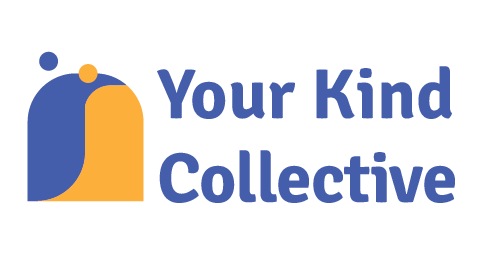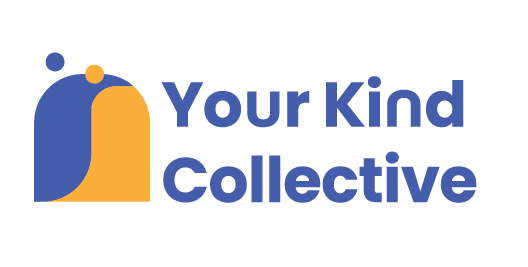Stay motivated with our NDIS Psychosocial Recovery Coaches
Psychosocial Recovery Coaches do everything that a Support Coordinator does with the added bonus of having specific knowledge and experience around mental health and how to navigate the mental health landscape. Having a Psychosocial Recovery Coach funded in your NDIS plan means that you will experience more regular catch-ups, to ensure that you are on the right track and to recognise when you might need more support at times. This support is a more holistic support, meaning we walk alongside you in your recovery journey and that you will be seen as a person, not a diagnosis.
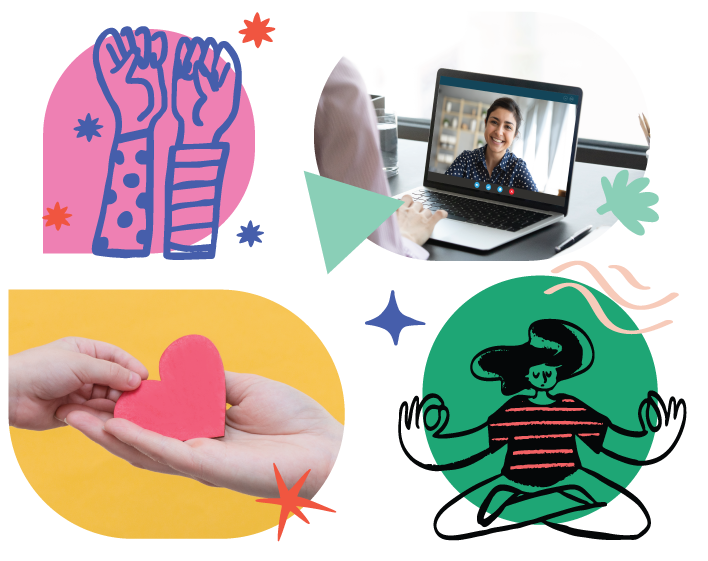
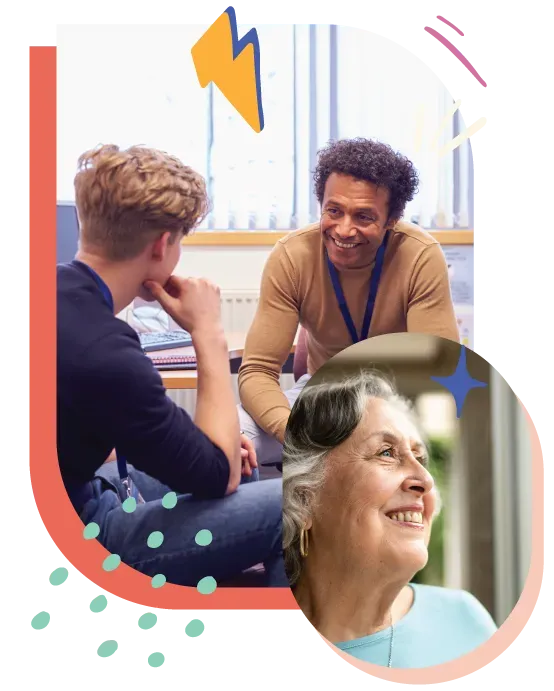
An NDIS Psychosocial Recovery Coach will be your biggest supporter
We understand that living with a psychosocial disability or mental health condition can make some days more difficult than others. We want to cheer you on and encourage you to believe in yourself and your ability to live the life you want. We will move at your pace and take our lead from you, your strengths and your goals. It’s all about you, at the end of the day.
What we can do for you

- Guide you on your recovery journey and keep track of your progress
- Help to keep you motivated, focused on your strengths and building resilience
- Communicate your needs across your support network, including clinical teams
- Help you to understand your NDIS plan and answer your NDIS questions
- Negotiate with support providers and the NDIA on your behalf
- Assist you to budget your NDIS funding to get the most out of your plan
- Support you through the NDIS review process to gain the best outcome
What to expect
 Button
Button- That we will work with you, in collaboration, to identify your goals
- To be encouraged to make your own choices
- That we are focused on solutions and how to move forward
- To develop a plan for what to do when things aren’t going so well
- To be treated as an individual, not a numb high level of compassion, commitment and consistency.
How its funded
 Button
ButtonPsychosocial Recovery Coaching is funded through the Capacity Building budget called ‘Coordination of Supports’.
Getting Started with Us is Simple

A 15-Minute Consult
This quick consultation will determine when and how we can help you. We will ask for basic details about you and your situation, along with any current NDIS details or plans you have so we can ensure we are the best people to support you.

Meet & Greet
Meeting you in person is super important to us as we want to ensure you feel safe and comfortable with your assigned support worker. As a smaller, close-knit team, you are always a top priority. No one gets left behind in the Your Kind Collective family.
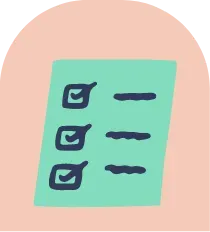
Making an Action Plan
Once you have made a decision to work with us, we will map out a list of actions that we will go through to bring your plan to life. This helps us to keep on track and to prioritise tasks that need to be completed to connect you to the right supports.
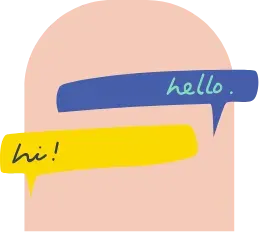
Regular Check-Ins
Once you are fully connected, we will not disappear. We
will check in with you at regular intervals to make sure
you are still happy and that your needs are being met. As
your long-term support team, we are there with you throughout your entire NDIS journey. We perform regular
check-ins to ensure you’re feeling prepared, confident
and capable to face each day. We are always available to
answer any questions that may come up.
Frequently Asked Questions
About Psychosocial Recovery
What does a Psychosocial Recovery coach do?
SPsychosocial Recovery Coaches support NDIS participants with psychosocial disabilities to build strength, resilience and motivation to live their life fully. Using lived and learned experience and knowledge of various mental health conditions, Recovery Coaches encourage and provide support to NDIS participants to manage their challenges.
By working closely with NDIS participants, their close friends, family and care team, Recovery Coaches can design and implement a tailored recovery plan. In addition, Recovery Coaches regularly engage with NDIS participants to help keep them on track with their mental health recovery. Recovery Coaches also manage all of the usual support connections and educate participants on the NDIS system.upport Coordination is funded support provided on a case-by-case basis. This support means you will always have someone there to help you understand what your NDIS plan means (it can be a whole new language!), plan alongside you to find the supports that will best meet your needs, and connect you to those supports.
Once you have established your support network, a Support Coordinator will help you to maintain that network. Another vital role of a Support Coordinator is reporting back to the NDIA when the time comes for your NDIS plan to be reviewed. Above all else, a Support Coordinator is there for you and should always act in your best interests.
What is the difference between Support Coordination and Psychosocial Recovery coach?
A Psychosocial Recovery Coach will have specific knowledge of mental health and/or lived experience with a psychosocial condition. In addition, they will know the mental health system. This means that the Psychosocial Recovery Coach can provide more targeted and relevant support to an NDIS participant with a psychosocial disability. Recovery Coaches also know their stuff when dealing with the NDIS, linking you to support services and ensuring you are satisfied.
A Support Coordinator can work with any NDIS participant, regardless of their circumstances or recognised disability. A support coordinator should be your walking encyclopaedia of all things NDIS!
Is a mental health condition the same as a psychosocial disability?
It’s important to know that having a mental health condition does not always mean you have a psychosocial disability. The definition of a mental health condition is that a person will experience a change in their thinking, behaviour and mood. These changes might be temporary or stick around for much longer, but everyone will have their own unique expression of symptoms.
The NDIA defines psychosocial disability as a mental health condition that is ‘ongoing, significant and lifelong’. The person will find everyday tasks extremely difficult, including looking after personal hygiene, staying organised, keeping a job, and even leaving the house. A psychosocial disability can also be ‘episodic’, meaning that there are times when life seems easier and other times when things can feel impossible to achieve.
So overall, it is not the diagnosis but more about the overarching effect of the diagnosis and its duration.
Do you still have unanswered questions?
Contact us via 1300 607 428 or our
online form.


My brother suffers from refractory and
disabling OCD. Your Kind Collective has been transformative for him, going above and beyond our expectations.
- Sheila, Carer
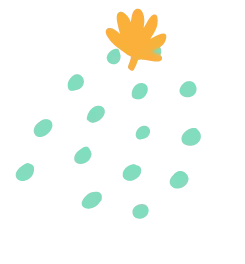
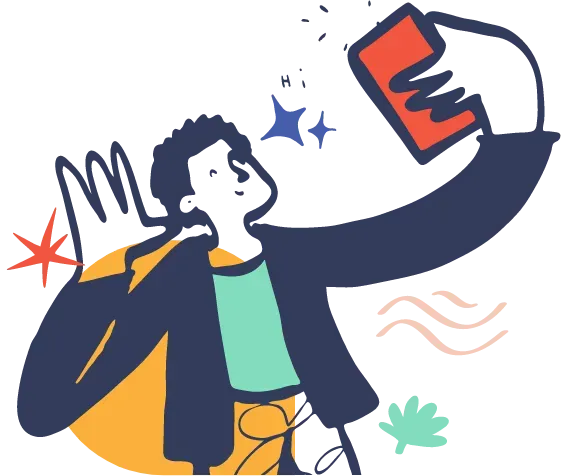
We acknowledge the traditional owners of the country throughout Australia and their continuing connection to land, sea and community. We pay our respect to them and their cultures and to their elders past, present and emerging. We recognise that their sovereignty was never ceded.
We are committed to cultivating inclusive environments for staff, consumers and carers and celebrate, value and include people of all backgrounds, genders, sexualities, cultures, bodies and abilities.
All Rights Reserved | Your Kind Collective
Web Design by Gretel Creative
